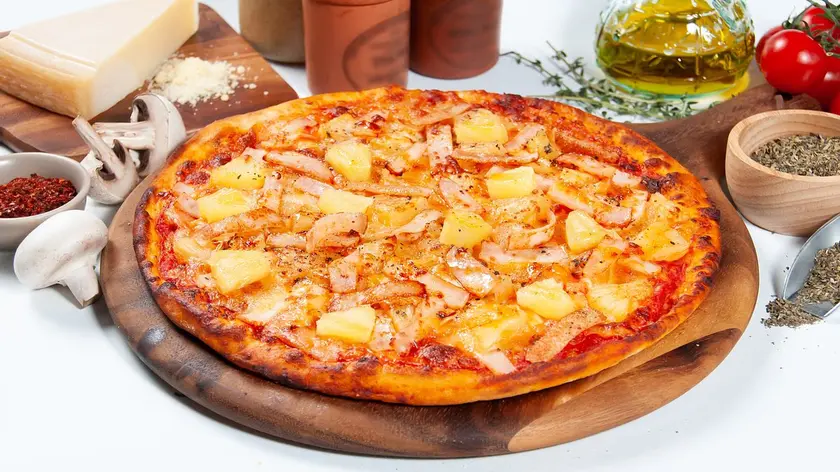T4K3.news
Pizza toppings reveal personality based on science
New study links topping choices to personality, but cautions against assuming causation and warns against stereotyping eaters.

A study links pizza topping choices to personality traits, but researchers warn correlations do not prove causation.
Pizza toppings reveal personality based on science
A study led by Dr. Alan Hirsch recruited about 1,000 American adults to complete personality tests while noting their pizza eating habits and topping preferences. The researchers report correlations between topping choices and traits such as irritability, empathy, sociability, and risk tolerance. They stress the finding is correlative and not a claim that toppings shape character. The article also cites reactions from a major pizza chain and existing survey data about popular toppings in different regions, illustrating how these claims spread in media and marketing.
Key Takeaways
"Food preferences reveal a lot about personality type."
Dr. Hirsch's claim cited in the piece
"If you go on a date with someone, you can see what pizza they order to work out their personality."
Dr. Hirsch's statement quoted in the article
"Pineapple fans are agents of chaos"
Fireaway spokesperson's comment cited in the piece
"Olives have a Marmite personality that others either adore or cannot stand"
Fireaway's line about olive toppings
The idea of measuring character through food choices taps into a broader trend of turning everyday preferences into personality signals. Yet the approach risks oversimplification and reinforces stereotypes about groups of eaters. Self reported data and a single study frame can exaggerate how much toppings reveal about a person. The piece also shows how media and brands may amplify a lighthearted claim into a talking point, shaping public perception without solid evidence.
Highlights
- Pizza tells us more about the moment than the person
- Pineapple fans are agents of chaos
- Mushroom lovers win points for balance and empathy
- Data bias hides behind a pepperoni sized anecdote
Controversy and bias risk in toppings study
The findings rely on correlation from self-reported data and media amplification. Sensational framing around toppings risks fueling stereotypes and public backlash.
Tasting the debate, we might learn more about culture than about character.
Enjoyed this? Let your friends know!
Related News

Nutrition experts urge Israelis to rethink diets

Antarctic discovery closes long-running mystery

Exploring GLP-1 medications and their implications

Project Hyperion Launches Competition for Stellar Travel Designs

New report reveals top U.S. cities for job opportunities

Changing the step goal from 10,000 to a more achievable number

Cake Box records growing profits amidst high street decline

Transfer news intensifies as deadline approaches
